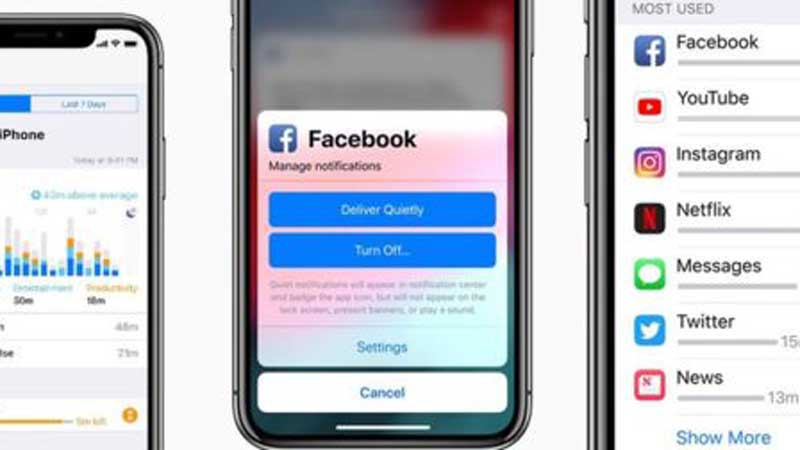×
The Standard e-Paper
Kenya’s Boldest Voice

Apple will attempt to frustrate tools used by Facebook to automatically track web users, within the next version of its iOS and Mac operating systems.
"We're shutting that down," declared Apple's software chief Craig Federighi, at the firm's developers conference.